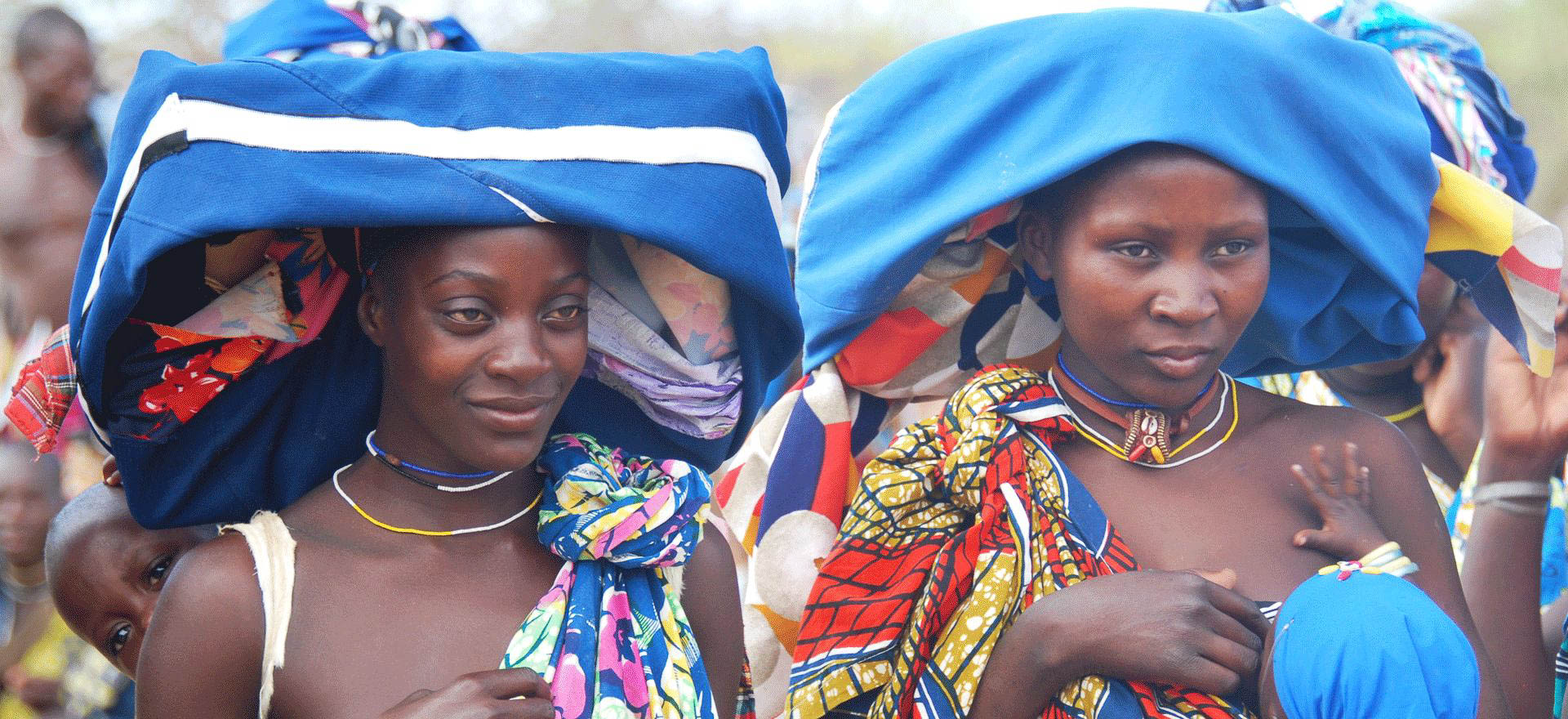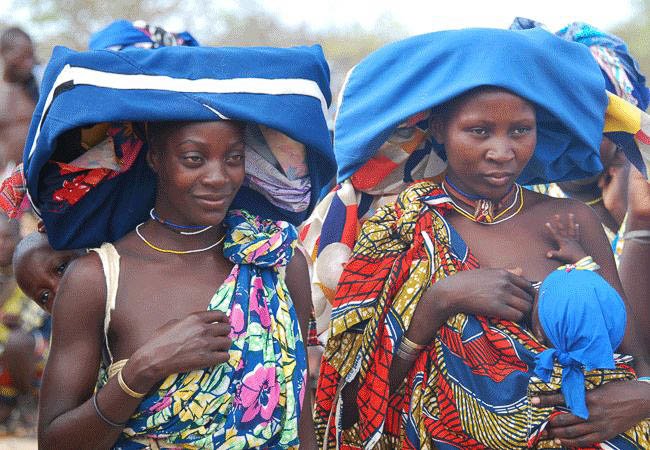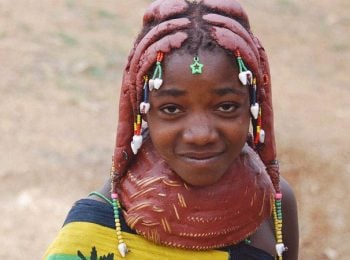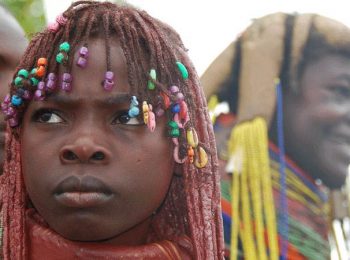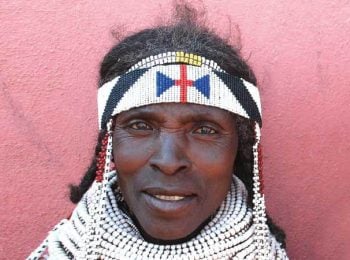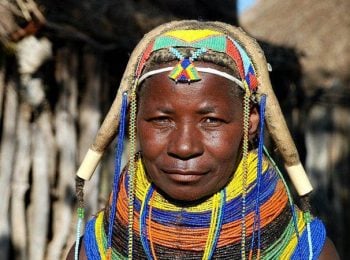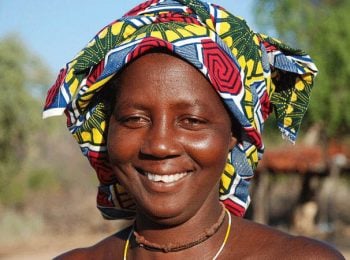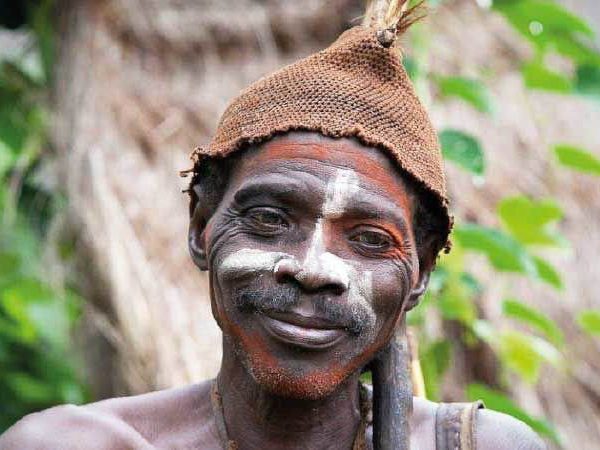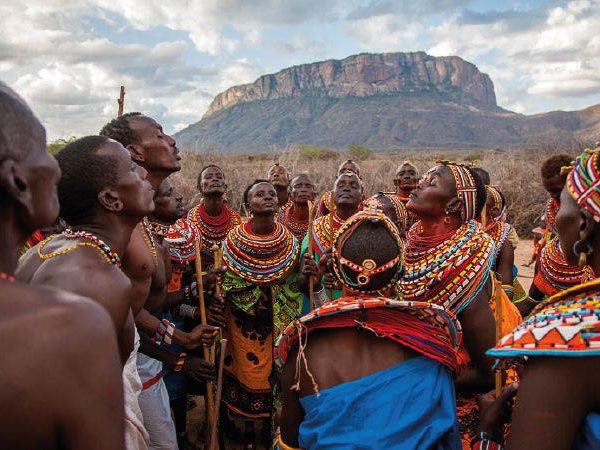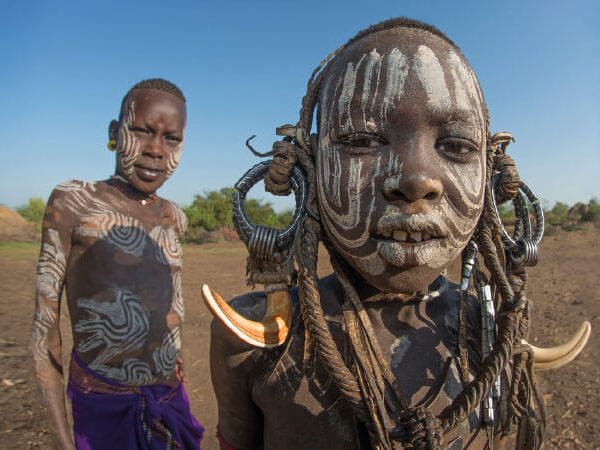Visas
As of October 2023, many nationalities, including both UK and US citizens, no longer require a visa to enter Angola for periods of up to 30 days.
Visa regulations can change however and so we recommend that you contact your nearest embassy for the most up to date information.
Health and vaccinations
We are not medically qualified and so we recommend that you speak to your doctor or nearest health professional for advice concerning recommended vaccinations. For more advice on vaccinations, you can also visit www.fitfortravel.nhs.uk.
Please note that Yellow Fever is a compulsory vaccination for entering Angola and you must bring your vaccination certificate with you, otherwise you may not be allowed to enter.
If you have any physical limitations that might impact your ability to participate in the planned tour activities, it’s essential that you make us aware as soon as possible so that we can discuss this with you.
Insurance
It is a condition of joining our tours that you have suitable travel insurance in place, and we cannot accept travellers without insurance. All policies differ in terms of what they will cover, but as a minimum you need medical and health cover which will cover you for the whole time that you are away. Most policies will also include cancellation cover, which will cover you if an unforeseen circumstance obliges you to cancel your trip. We recommend that you obtain your insurance as soon as you book your trip.
Please note that government travel warnings often affect the validity of your travel insurance, and you should check this with your insurance company.
Money
The local currency in Angola is the kwanza, which you’ll find hard to obtain outside of the country. It is best to bring Euros for exchange purposes.
You will not be able to change money outside of Luanda and Lubango and so we recommend that you change money at the hotel upon arrival.
Costs in Angola are high – in Luanda you can expect to pay £20-30 for a meal, and the city is renowned as one of the most expensive on the planet, fuelled by the oil boom. However, outside of Luanda costs tend to be more reasonable. For most of this trip, meals are provided and there is not much to spend money on.
You may be checked at the airport when you leave Angola for any local currency that you have, so you should either spend this or change it back before you leave – officially it is not allowed to take kwanza from the country.
Local conditions
When travelling to some of the destinations we offer you need to bear in mind that things won’t always work here as we’re used to them working at home. Travelling in underdeveloped and untouristed destinations requires both patience and a sense of humour. There may be problems with infrastructure, attitudes may be different, and maintenance may not be as high a standard as we would always like, but this is very much part and parcel of travelling in such a place. We aim to resolve any issues as quickly as possible, and thank you for your patience.
Angola is one of our most pioneering destinations. Not only is there very little tourism here but the nature of the destination means that you should be prepared for challenging conditions. Outside of the capital very few hotels or accommodation options exist – in the desert these are non-existent. There are few opportunities to buy supplies en route and so we carry the majority of these with us, stocking up on fresh vegetables and fruit in the small towns that we travel through, where possible.
There are no formal bathroom facilities on our trips in Angola when camping, although on many nights you will be provided with water for washing, depending on how far we are from any wells and how much water we have used that day.
Our trips in Angola travel to some of the most remote parts of Africa, and it is essential that you appreciate what this entails before booking a trip. We cannot promise home comforts or luxuries and if you expect these, then Angola probably isn’t the right destination for you. However if you are prepared for sometimes challenging conditions, then Angola offers an adventure that is difficult to match through some of the most untouched, traditional and isolated corners of Africa.
Travel advice
We keep a very close eye on the travel advice issued by the UK Foreign and Commonwealth Office so that we can keep you up to date with any warnings. At the time of writing the FCO does not advise against travel to any parts of Angola that we visit on this trip.
This relates to advice from the British government – other nationalities need to check the stance of their own governments.
Please note that the information contained above is highly susceptible to change, and while we endeavour to keep up to date we recommend that you use this as a guide only. Should you have any questions, please don’t hesitate to contact us.

